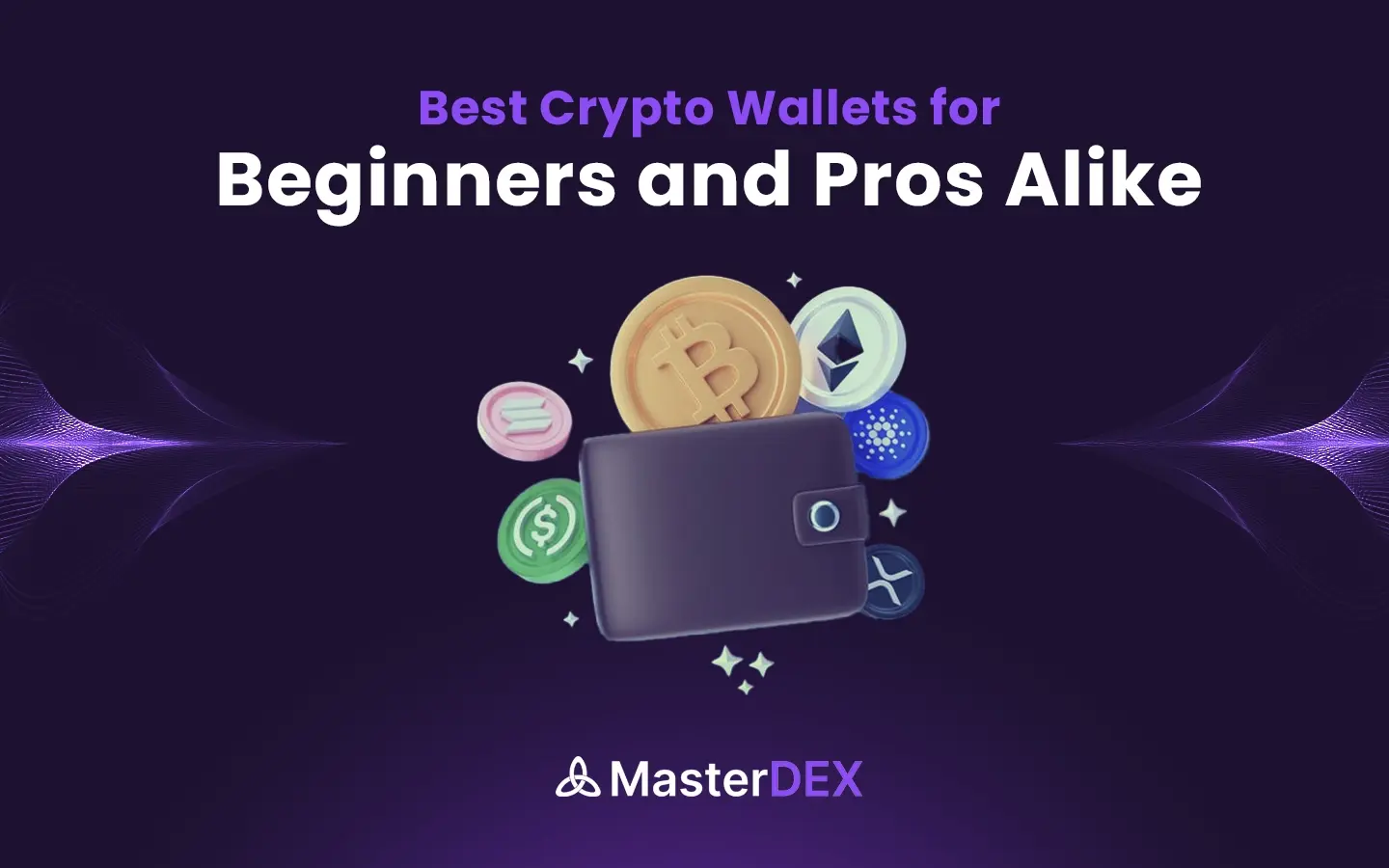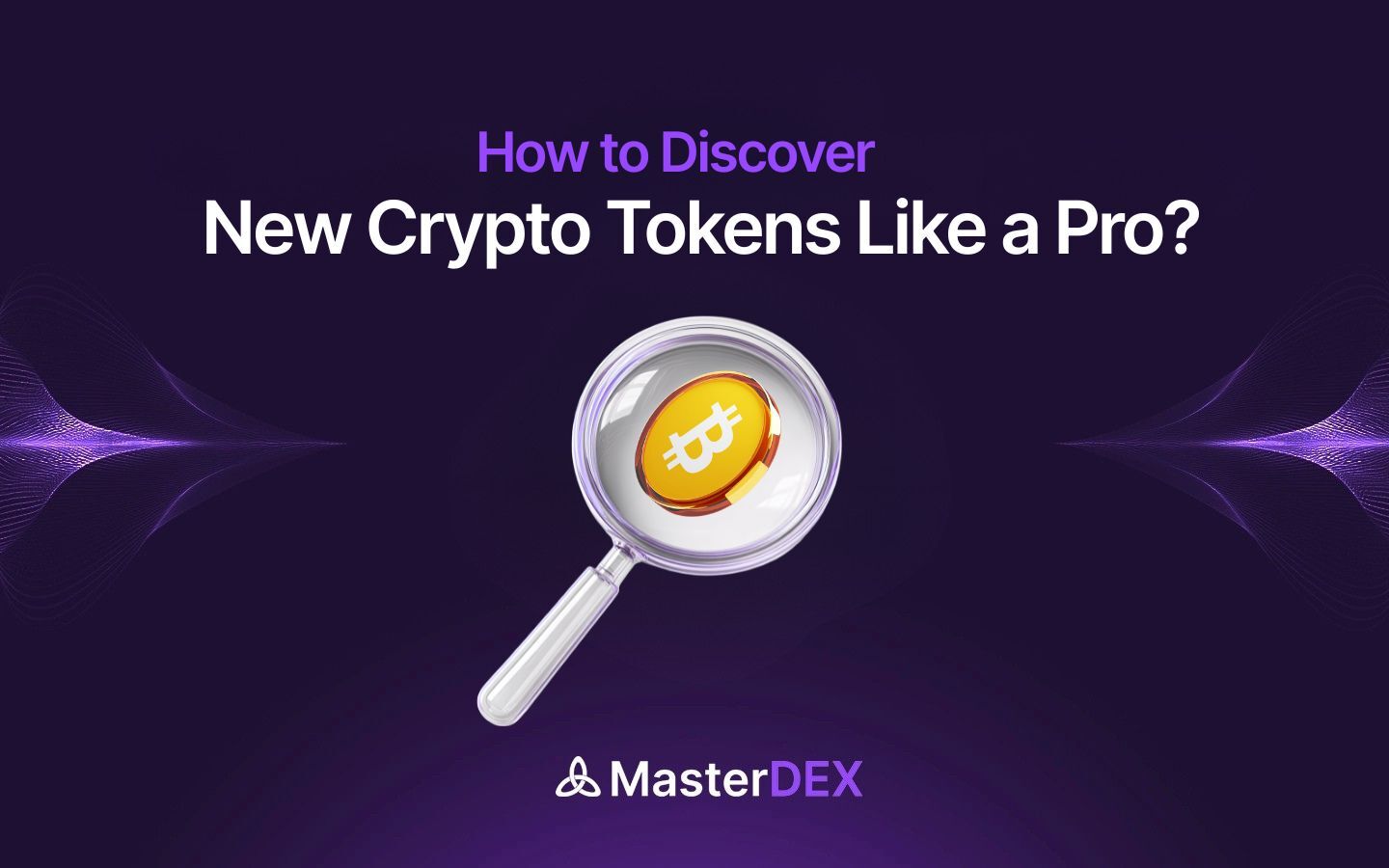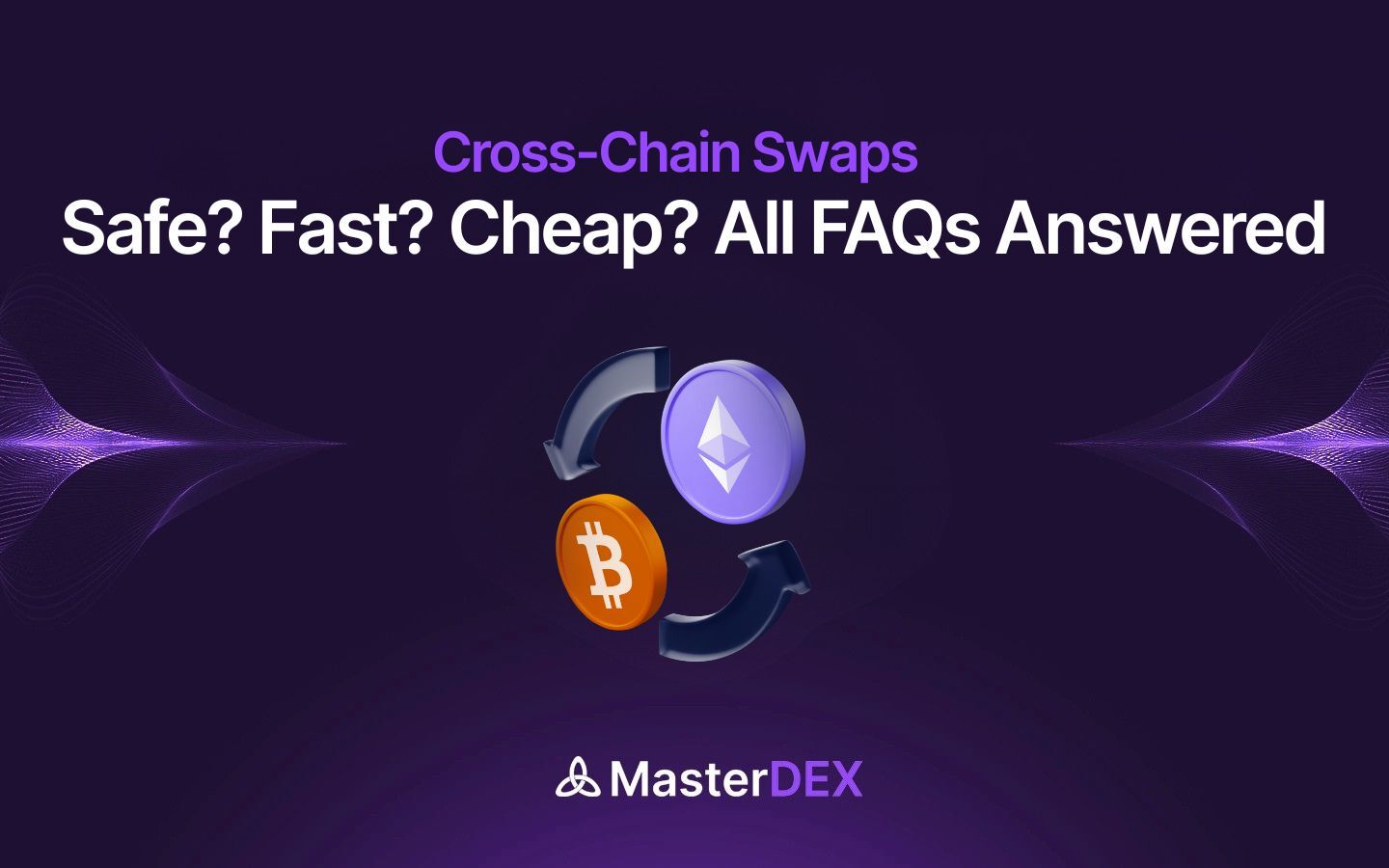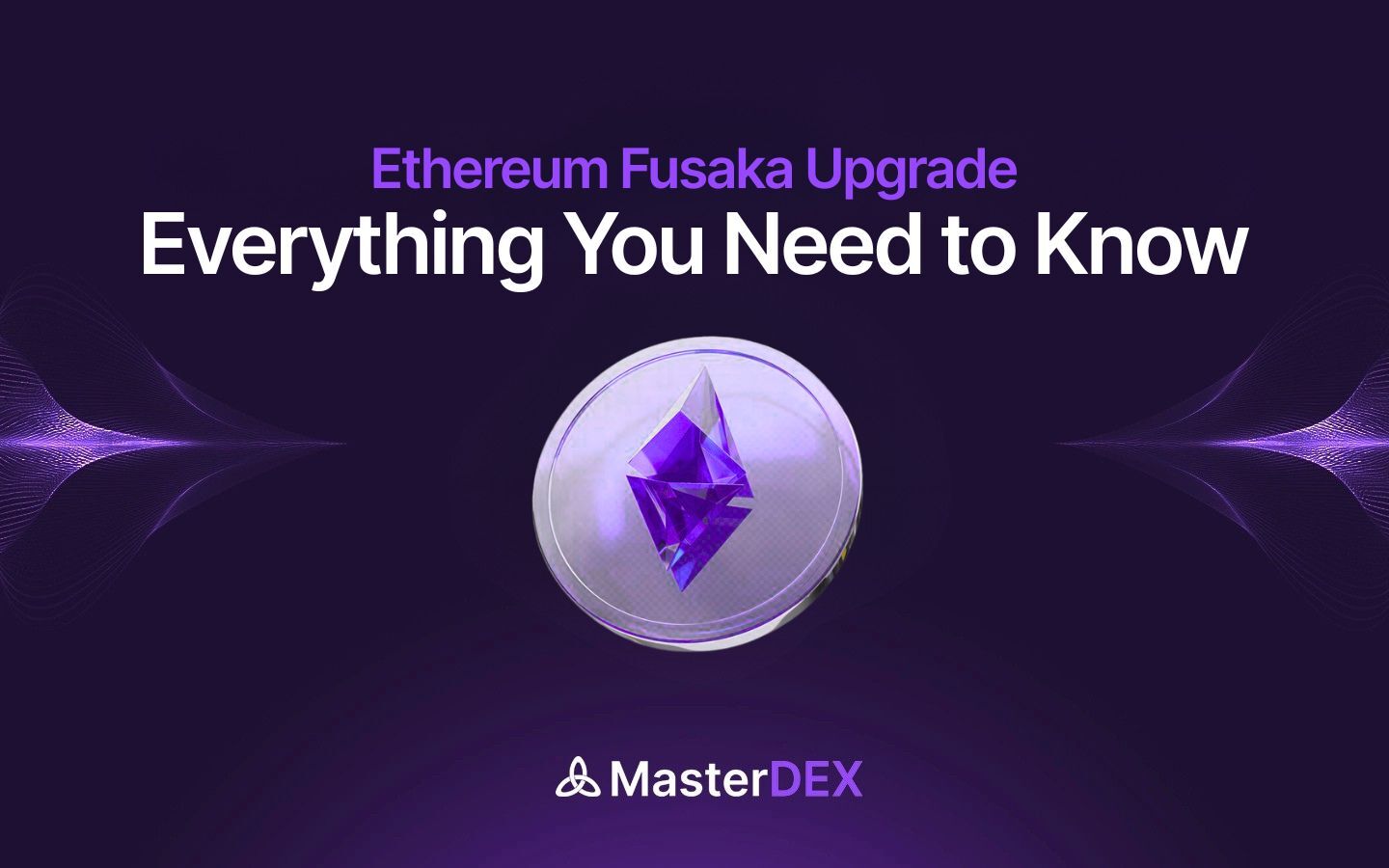In the fast-paced world of crypto, your wallet isn’t just a place to store coins—it’s your gateway to the entire blockchain universe. From trading and staking to NFTs and DeFi, the right wallet can make or break your Web3 experience. But with so many options available, how do you choose the one that fits your needs? This guide explores the top 11 crypto wallets you should know—each offering a unique blend of security, usability, and innovation.
Table of Contents:
ToggleWhat Is a Crypto Wallet?
A crypto wallet is a digital application or hardware device that enables users to securely store, manage, and interact with their cryptocurrency holdings. Instead of holding physical currency, a crypto wallet manages cryptographic keys—most importantly, a private key that gives the user control over their digital assets on the blockchain. These wallets act as gateways to blockchain networks, allowing users to send and receive cryptocurrency, interact with decentralized applications (dApps), and verify ownership of assets such as NFTs or tokens.
At its core, a crypto wallet doesn’t store the actual coins or tokens. Rather, it holds the private keys required to authorize blockchain transactions. The corresponding public key generates a wallet address, which others can use to send funds. Possession of the private key proves ownership and grants access to those assets—making wallet security paramount.
Types of Crypto Wallets
Crypto wallets fall broadly into two categories based on how they’re connected to the internet:
1. Hot Wallets
Hot wallets are connected to the internet, making them ideal for users who trade frequently or interact regularly with blockchain-based services. These include:
- Mobile wallets like Trust Wallet
- Desktop wallets like Exodus
- Browser extensions like MetaMask
They are convenient and user-friendly but more susceptible to cyber threats.
2. Cold Wallets
Cold wallets operate offline, offering maximum security by isolating private keys from internet exposure. These are typically hardware devices, like the Ledger Nano X or Trezor Model T, or even paper wallets that store keys physically.
Cold wallets are best suited for long-term holders and those managing substantial amounts of crypto, as they reduce the risk of hacks and malware.
In summary, a crypto wallet is the bridge between you and your digital assets. It ensures you maintain full control, access, and authority over your holdings—provided you manage it wisely.
Hot Wallet Vs Cold Wallet: A Quick Differentiation
| Feature | Hot Wallet | Cold Wallet |
| Internet Connection | Always online | Offline storage |
| Security Level | Moderate (risk of hacks/phishing) | High (less vulnerable to attacks) |
| Accessibility | High – suitable for daily use | Low – best for long-term holding |
| Best For | Traders, NFT users, DeFi participants | Long-term investors, HODLers |
| Examples | MetaMask, Trust Wallet, Coinbase | Ledger, Trezor, SafePal (hardware) |
Why Choosing the Right Wallet Matters?
In the rapidly evolving world of digital assets, choosing the right crypto wallet is not just a matter of convenience—it’s a foundational decision that directly impacts your security, usability, and access to blockchain ecosystems. The crypto wallet you use determines how safely you store your assets, how easily you can interact with decentralized applications, and how much control you retain over your funds.
Unlike traditional bank accounts, where a third party can help recover lost access, crypto wallets are decentralized by nature—meaning that if you lose access to your wallet (especially the private key or recovery phrase), your funds may be permanently unrecoverable. This makes the initial choice of wallet all the more crucial.
Security Implications
Different wallets offer different levels of security. A hardware wallet provides top-tier protection by keeping private keys offline and away from hackers, while a software wallet connected to the internet may offer more convenience but carries greater risk of phishing attacks, malware, or unauthorized access. Choosing the right wallet depends on the level of protection you need based on the value and usage frequency of your assets.
Use Case Compatibility
Crypto wallets are not one-size-fits-all. A trader who needs quick access to multiple tokens across several blockchains may benefit from a hot wallet that supports numerous dApps and tokens. In contrast, a long-term investor storing Bitcoin for years might opt for a cold wallet with maximum offline security.
Similarly, some wallets are optimized for NFTs, others for DeFi interactions, and some are built for multi-chain compatibility. Picking the right one ensures smooth, hassle-free interactions in the Web3 world.
Ownership and Control
One of the core tenets of blockchain technology is self-custody—the ability to own and control your funds without intermediaries. But not all wallets offer full custody. Some are custodial, meaning a third party holds the private keys, while others are non-custodial, giving you full control. If your goal is financial sovereignty, choosing a non-custodial wallet is essential.
How to Choose the Right Wallet?
Choosing the right crypto wallet is not a one-size-fits-all decision. It depends on how you plan to use your crypto, your technical comfort level, and your need for security or convenience. Here are the most important factors to consider when selecting a wallet:
Security
Security is the cornerstone of any crypto wallet. If your wallet is compromised, your funds could be irretrievably lost. For long-term holders or those with significant investments, a hardware wallet—which stores your private keys offline—is the most secure option. These wallets, like Ledger or Trezor, are virtually immune to online hacks. However, if you need daily access to your assets, a software wallet might be more practical, though it comes with added risks. In that case, ensure it includes features like two-factor authentication (2FA), biometric login, and encrypted storage to minimize vulnerabilities.
Custodial vs. Non-Custodial
Understanding who controls your private keys is crucial. Custodial wallets, often provided by centralized exchanges like Binance or Coinbase, manage your keys on your behalf. While they simplify the user experience and allow password recovery, they place your assets at the mercy of a third party—something that contradicts the core philosophy of crypto. In contrast, non-custodial wallets give you complete control and ownership over your funds. You hold the keys and, with them, the full responsibility of safeguarding your wallet and seed phrase. For users who value decentralization and self-sovereignty, non-custodial wallets are the preferred choice.
Supported Assets and Blockchain Networks
Not all wallets support every cryptocurrency or blockchain network. Some wallets are limited to a single blockchain, such as MetaMask (primarily Ethereum and EVM-compatible chains), while others like Trust Wallet or XDEFI offer multi-chain support. Before selecting a wallet, verify that it supports the coins and tokens you intend to use. If you’re active in multiple ecosystems—Bitcoin, Ethereum, Solana, Binance Smart Chain, etc.—a wallet with broad compatibility will save you from constantly switching platforms or managing multiple apps.
Device Compatibility
Your choice of wallet should match the devices you use regularly. Mobile wallets like Trust Wallet or Rainbow are perfect for users who need access on the go. They’re lightweight, easy to install, and offer touchscreen convenience. Desktop wallets, such as Exodus, are better suited for users who prefer managing their crypto on a larger screen with more comprehensive dashboards. Browser extension wallets, like MetaMask, are ideal for Web3 users interacting with decentralized applications directly from their browser. For added flexibility, consider wallets that offer cross-platform sync between desktop, mobile, and browser.
User Experience (UX)
An intuitive and user-friendly interface can make or break your crypto journey—especially if you’re new to digital assets. A well-designed wallet reduces the likelihood of errors, such as sending funds to the wrong address or misplacing your recovery phrase. Look for wallets with clean layouts, guided prompts, and tooltips that help users navigate tasks like creating backups, initiating transfers, or connecting to dApps. Some wallets even provide educational resources and walkthroughs, making them ideal for beginners who need extra support.
dApp and NFT Integration
If you plan to explore the world of DeFi, NFTs, or other Web3 services, choose a wallet that supports these integrations natively. Wallets like MetaMask are essential for interacting with DeFi platforms like Uniswap or Compound. Others, such as Rainbow Wallet or Argent, are designed with NFT users in mind and provide features like portfolio views and collectible galleries. A wallet that integrates easily with your favorite decentralized apps ensures seamless interaction, minimizing the need for technical workarounds or extra tools.
Fees and Built-In Features
Some wallets come equipped with extra features like in-app swaps, staking options, or cross-chain bridges. These conveniences may come at a cost—either through slightly higher transaction fees or third-party service charges. It’s important to evaluate whether the added functionality is worth the expense for your use case. Advanced users might appreciate these features for consolidating their activities in one app, while beginners might prefer a simpler wallet with lower fees and fewer distractions.
Top Crypto Wallets You Should Know
With hundreds of wallets on the market, it can be difficult to separate hype from real utility. Below are 11 of the most popular, reliable, and innovative crypto wallets you should know about—each offering unique strengths for different types of users.
MetaMask – The Gateway to Web3
MetaMask is one of the most widely used non-custodial wallets in the world, especially for users exploring the Ethereum ecosystem. Available as a browser extension and mobile app, MetaMask allows seamless interaction with decentralized applications (dApps), DeFi protocols, and NFT marketplaces. It supports Ethereum and any other EVM-compatible chain like Polygon, BNB Smart Chain, and Avalanche. While it’s easy to use and highly customizable, users must take precautions to store their seed phrase securely, as there’s no account recovery via email.
Trust Wallet – The Multi-Chain Powerhouse
Acquired by Binance, Trust Wallet is a mobile-first, multi-chain wallet that supports over 70 blockchains and thousands of tokens, including NFTs. It’s perfect for users who want a single wallet for everything—staking, swapping, NFT storage, and dApp access. The app has a clean interface and includes features like WalletConnect and an in-app Web3 browser. Trust Wallet is non-custodial and gives users complete control over their private keys, making it a solid all-in-one solution for both beginners and experienced users.
Ledger Nano X – Cold Storage Champion
The Ledger Nano X is a hardware wallet that prioritizes security without sacrificing convenience. It stores your private keys offline and connects via Bluetooth to your smartphone or USB to your computer. It supports 5,500+ assets and integrates with Ledger Live, a companion app that allows you to manage and stake crypto directly. Ledger is ideal for serious investors who hold large amounts and need unmatched protection against hacks, phishing attacks, or malware.
Trezor Model T – Open-Source Cold Wallet
Trezor, the first-ever hardware wallet, remains a top choice for cold storage. The Model T supports a wide range of cryptocurrencies and provides a full-color touchscreen interface. Unlike some competitors, Trezor’s firmware is fully open-source, offering transparency and community-driven updates. It also supports advanced features like Shamir Backup and passphrase protection. Trezor is best suited for users who value security, privacy, and open standards in their crypto operations.
Coinbase Wallet – For Web3 Beginners
Not to be confused with the Coinbase exchange, Coinbase Wallet is a self-custodial wallet designed to help beginners dive into the decentralized web. It’s available as a mobile app and browser extension, and it supports thousands of assets, NFTs, and dApps. With simple seed phrase backup and integration with the Coinbase ecosystem, this wallet strikes a balance between usability and ownership. It’s perfect for users who are just transitioning from centralized exchanges to more decentralized practices.
Exodus – Sleek Desktop and Mobile Wallet
Exodus is known for its visually appealing and beginner-friendly interface. It offers both desktop and mobile versions and supports over 250 cryptocurrencies. It also features a built-in exchange, staking capabilities, and support for the Trezor hardware wallet. Exodus is a great starting point for new users who want to manage their assets and earn passive income through staking—all from one clean, modern interface.
Atomic Wallet – All-in-One Staking and Swap Platform
Atomic Wallet is a non-custodial wallet available on desktop and mobile, offering support for over 500 assets. What makes it stand out is its wide range of built-in features, including staking, instant swaps, and cashback programs. Users can earn rewards directly within the app while keeping full control of their private keys. Atomic is ideal for intermediate users who want a multi-functional wallet without depending on external platforms.
SafePal – Affordable Hardware + Mobile Hybrid
SafePal bridges the gap between cold and hot wallets. It offers both a hardware wallet and a secure mobile app that works together through QR-code-based signing (no Bluetooth or USB). Backed by Binance Labs, SafePal supports 100+ blockchains and thousands of tokens. It’s a cost-effective solution for users who want hardware-level security without paying premium prices.
Argent – Smart Contract Wallet for DeFi Pros
Argent redefines wallet usability with its smart contract-based architecture on Ethereum. It eliminates seed phrases and uses social recovery and biometric authentication for access. Argent comes with built-in support for staking, yield farming, and Layer 2 integrations (especially zkSync), making it a powerful tool for advanced users exploring DeFi. If you want next-gen security and DeFi access without friction, Argent is a great fit.
Security Tips for Crypto Wallet Users
Security in the crypto space isn’t just a best practice—it’s a necessity. Since there are no banks or centralized institutions to recover lost funds, wallet users must take full responsibility for safeguarding their assets. Below are the most critical security tips to protect your crypto from theft, loss, or unauthorized access.
Back Up Your Recovery Phrase Securely
When you create a non-custodial wallet, you’re given a recovery phrase (also called a seed phrase). This is a human-readable version of your private key. It’s the only way to recover your wallet if you lose access to your device.
Store this phrase offline, written on paper or engraved on metal. Never save it on cloud storage, email, or messaging apps. Better yet, use multiple copies stored in different physical locations (but still kept private). Anyone with access to your seed phrase can take full control of your wallet.
Never Share Your Private Key or Seed Phrase
Your private key and seed phrase are essentially the password to your crypto vault. Sharing them with anyone—no matter how trustworthy they seem—puts your assets at risk. Scammers often pose as support staff or influencers and ask for this information. No legitimate service will ever request your seed phrase or private key.
Always remember: not your keys, not your crypto.
Enable Two-Factor Authentication (2FA)
For wallets and exchanges that support it, always activate two-factor authentication. This adds a second layer of security by requiring a verification code (typically via an app like Google Authenticator) to complete logins or transactions. 2FA can block unauthorized access, even if your password is compromised.
While 2FA is more common on custodial wallets and exchanges, some mobile and web-based wallets also support biometric authentication (like Face ID or fingerprint), which adds similar protection.
Beware of Phishing Scams
Phishing attacks are one of the most common ways crypto users get tricked into giving away their wallet access. These scams often come in the form of fake websites, emails, or messages that mimic trusted services. Always double-check URLs, avoid clicking on unknown links, and only interact with official sources.
Bookmark your wallet’s official website and use WalletConnect or direct integrations when connecting to dApps. If something feels off, trust your instincts—don’t engage.
Use a Hardware Wallet for Long-Term Storage
If you’re holding large amounts of crypto or investing for the long term, consider a hardware wallet like Ledger or Trezor. These wallets store your private keys offline, making them immune to viruses, malware, or remote attacks. Unlike mobile or desktop wallets, hardware wallets require physical confirmation to authorize transactions—offering unmatched protection.
They’re especially useful when you’re not actively trading and want to keep your funds in “cold storage.”
Update Wallet Software Regularly
Wallet developers frequently release updates to patch bugs, improve functionality, and enhance security. Make sure your mobile apps, browser extensions, or desktop wallets are always updated to the latest version. Ignoring updates can expose your wallet to known vulnerabilities.
If you’re using a hardware wallet, keep both the firmware and companion app (like Ledger Live) up to date as well.
Double-Check Every Transaction
Before sending any transaction, verify the recipient address and amount carefully. Blockchain transactions are irreversible—once you send funds to the wrong address, you can’t get them back. Consider sending a small test transaction first, especially if it’s your first time sending to a new wallet.
Some wallets offer features like address book management or transaction confirmation pop-ups—use them to minimize errors.
Future Trends in Crypto Wallets
As the crypto industry continues to evolve, so too will the technology that supports it. Crypto wallets are no longer just tools for storing digital assets—they’re becoming smart, multifunctional gateways to the decentralized web. Here are some of the most promising trends shaping the future of crypto wallets.
Integration of AI for Smart Wallets
Artificial Intelligence (AI) is starting to make its way into crypto wallets to create more intelligent, context-aware experiences. In the near future, we could see wallets that offer real-time security alerts, personalized dApp recommendations, or automated portfolio insights powered by machine learning. AI can help users detect phishing attempts, flag suspicious activity, or optimize transactions—all while preserving privacy through local processing or privacy-preserving computation techniques.
Cross-Chain and Multi-Chain Compatibility
The crypto landscape is becoming increasingly multi-chain, with users interacting across Ethereum, Solana, Polygon, BNB Chain, and more. Modern wallets are adapting by supporting cross-chain bridges, aggregated balances, and seamless asset swaps across different blockchains. The future will likely feature unified wallets that allow users to manage assets across dozens of ecosystems without ever needing to leave the app or switch interfaces.
Wallets as Decentralized Digital Identity Hubs
As Web3 matures, wallets are poised to become more than just financial tools—they’ll serve as digital identities. With support for verifiable credentials, reputation scores, and social graphs, future wallets could help users log into dApps, prove eligibility for loans or services, and build on-chain reputations—all without revealing personal data. This decentralized identity layer is expected to play a major role in unlocking new Web3 experiences.
dApp Store Integration and Modular Features
Instead of static interfaces, wallets are moving toward modular, app-like ecosystems. Users will soon be able to add plugins, browse dApp marketplaces, and customize their wallet experiences based on their interests—be it NFTs, DeFi, GameFi, or social tokens. This approach brings added convenience and reduces the need to rely on external platforms, streamlining the entire Web3 journey inside the wallet itself.
Enhanced Security Through MPC and Social Recovery
Security will continue to evolve, especially for users who find seed phrases intimidating or inconvenient. Techniques like Multi-Party Computation (MPC) and social recovery are gaining traction. These methods allow users to regain wallet access through trusted devices or individuals without relying on a single recovery phrase. This innovation could make self-custody safer and more accessible to mainstream users without compromising decentralization.
Eco-Friendly Wallet Architecture
With growing awareness of the environmental impact of blockchain technology, wallet developers are focusing on energy-efficient designs. Wallets may soon incorporate carbon tracking tools, use low-power protocols, and integrate with blockchains committed to sustainable practices (like those using Proof of Stake). These features will appeal to environmentally conscious users who want transparency in the digital tools they use.
Wallets for the Metaverse and Web3 Gaming
As the metaverse and blockchain gaming industries explode, wallets will become essential for managing in-game assets, virtual identities, and token-based rewards. These wallets may feature immersive interfaces, real-time game inventory displays, and integrations with popular virtual worlds and gaming economies—blurring the line between digital ownership and online identity.
Bottom Lines
Crypto wallets are evolving beyond their original function as simple storage tools. They are becoming secure digital identities, AI-enhanced assistants, and cross-chain control centers for the Web3 economy. As technology and user needs advance, wallets will play an increasingly central role in how we navigate the decentralized world.



